Results
-
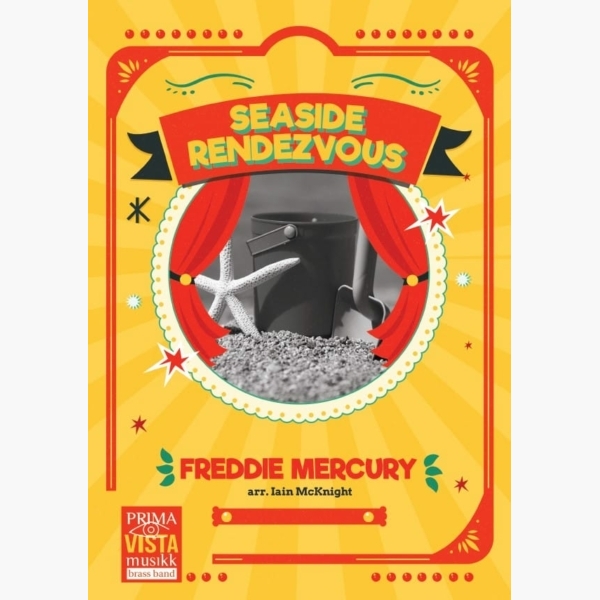 £29.95
£29.95Seaside Rendezvous - Freddie Mercury - Iain McKnight
There was no greater showman in the world of rock than Freddie Mercury and, for many, no greater group than Queen. The release in 2018 of the film Bohemian Rhapsody brought the sounds of Queen to a new generation as...
Estimated dispatch 5-7 working days
-
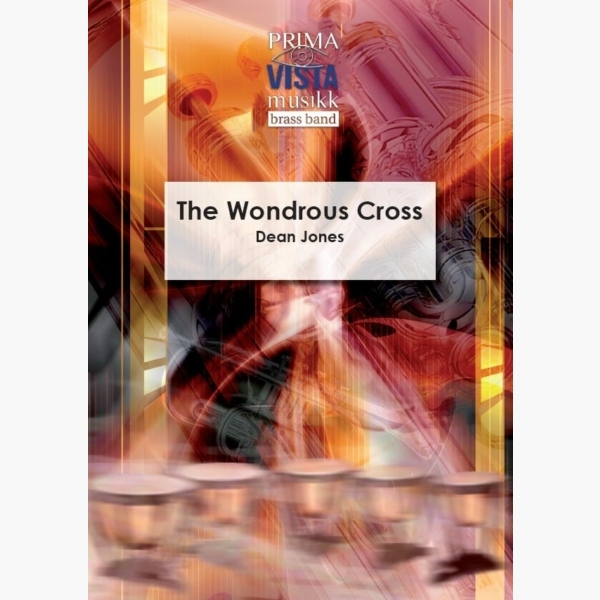 £24.95
£24.95The Wondrous Cross - Dean Jones
The Wondrous Cross was written as the result of a request from Tim Parker, Bandmaster of the Staines Band of The Salvation Army for something new and inspiring for Easter and based on the tunes of 'Rockingham' and 'O Waley,...
Estimated dispatch 5-7 working days
-
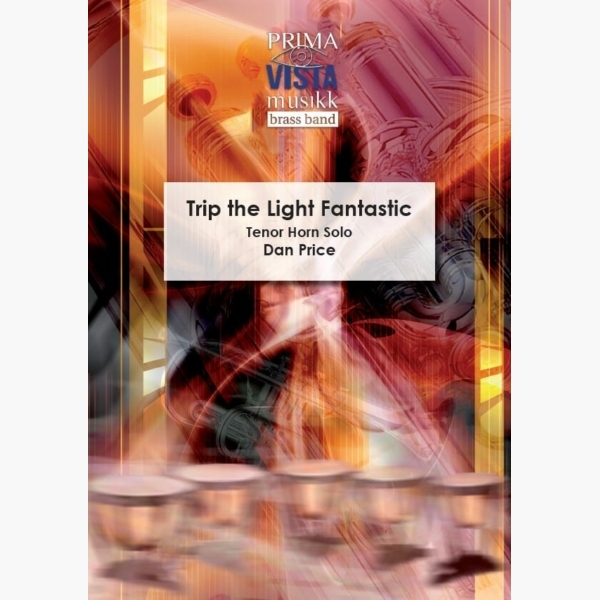 £24.95
£24.95Trip the Light Fantastic - Dan Price
Horn virtuoso Owen Farr commissioned a new concert item for tenor horn from composer Dan Price in 2009, Trip the Light Fantastic was the resulting work. The piece is music absolute, with no particular aim to tell a story or...
Estimated dispatch 5-7 working days
-
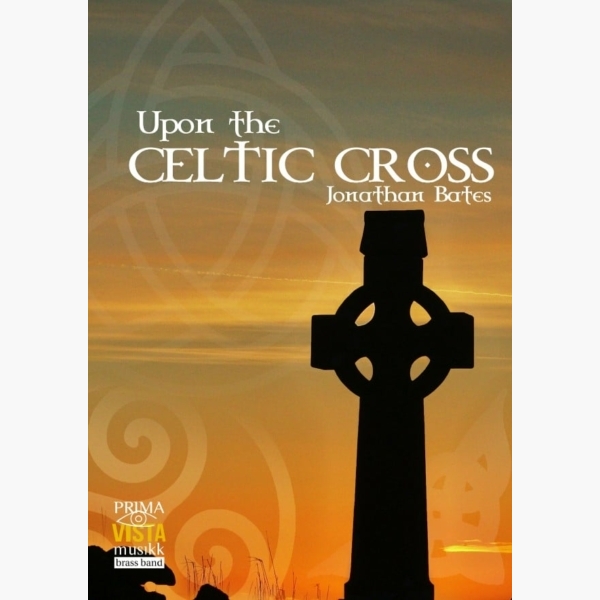 £34.95
£34.95Upon the Celtic Cross - Jonathan Bates
Upon the Celtic Cross is an effective opener, overture or finale to any programme. With choreography, special percussion effects, and impressive virtuosity showcasing the various sections of the band, this new concert work has great entertainment value and was used...
Estimated dispatch 5-7 working days
-
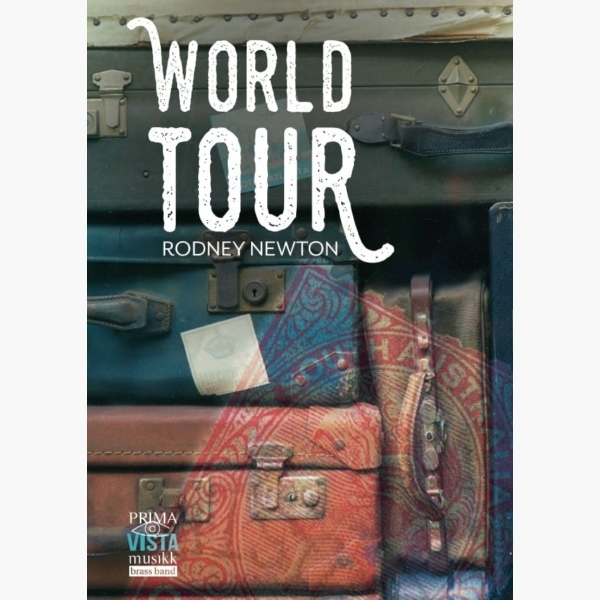 £64.95
£64.95World Tour - Rodney Newton
This work was commissioned in 2006 by Besses o' th' Barn Band to mark the centenary of its 1906 World Tour, the first ever by a brass band. The band visited North America, Canada, Hawaii, Fiji, South Africa, New Zealand...
Estimated dispatch 5-7 working days
-
£29.95
WAR CRY (Brass Band Set) - Dorothy Gates
This work was written as the opener for the New York Staff Band's 125th anniversary concert in Carnegie Hall in March 2012. Based on the song, 'Ever is the war cry'. the music is quite militant in nature which is a direct reflection of the text. While the composer pays homage to the past in this fitting salute, the overall musical style is decidedly that of the 21st century.
Estimated dispatch 7-14 working days
-
£34.95
HIGH COUNCIL, The (Brass Band Set) - Ray Steadman-Allen
This march was written at the request of the then Chief of the Staff, Commissioner Arnold Brown for the welcome meeting of the 1974 High Council, a gathering of The Salvation Army's top leaders from around the world who meet to elect a new General. The scintillating music is filled with many wonderful and surprising shifts of key, rhythm and instrumental colour. Evangeline Booth's song 'The world for God' provides the international reference while at the trio's peak, the composer joins three tunes in impressive counterpoint; 'We're the Army' (cornets), 'A Robe of White' (horns and baritones) and 'Bound for Canaan's Shore' (trombones). The march ends with a dazzling shift into triple time and an impressive molto allargando codetta.
Estimated dispatch 7-14 working days
-
£34.95
AMBASSADORS, The (Brass Band Set) - Peter Graham
This march was composed for the 1982 world tour by the New York Staff Band. The two featured tunes are 'Stand up for Jesus' and 'Marching through Georgia'.
Estimated dispatch 7-14 working days
-
£34.95
SERVANTS OF GOD (Brass Band Set) - Steven Ponsford
Servants of God is based on Hubert Parry's much loved tune 'Laudate Dominum' which is often associated with the Charles Wesley hymn 'Ye servants of God, your master proclaim'. It also features Jarrod Cooper's popular worship song 'King of kings, Majesty' in an accessible blend of the old with the new.
Estimated dispatch 7-14 working days
-
£29.95
SPIRIT OF JOY (Brass Band Set) - Herbert Rive
Herbert Rive contributed just two compositions to Salvation Army music, the other being the festival march The King's Command. Spirit of Joy was awarded first prize in the 1953 70th Anniversary March Competition in New Zealand. Rive uses a short syncopated motif based on the first few notes of the Salvation Army tune If you keep singing to tie all aspects of this march together.
Estimated dispatch 7-14 working days
